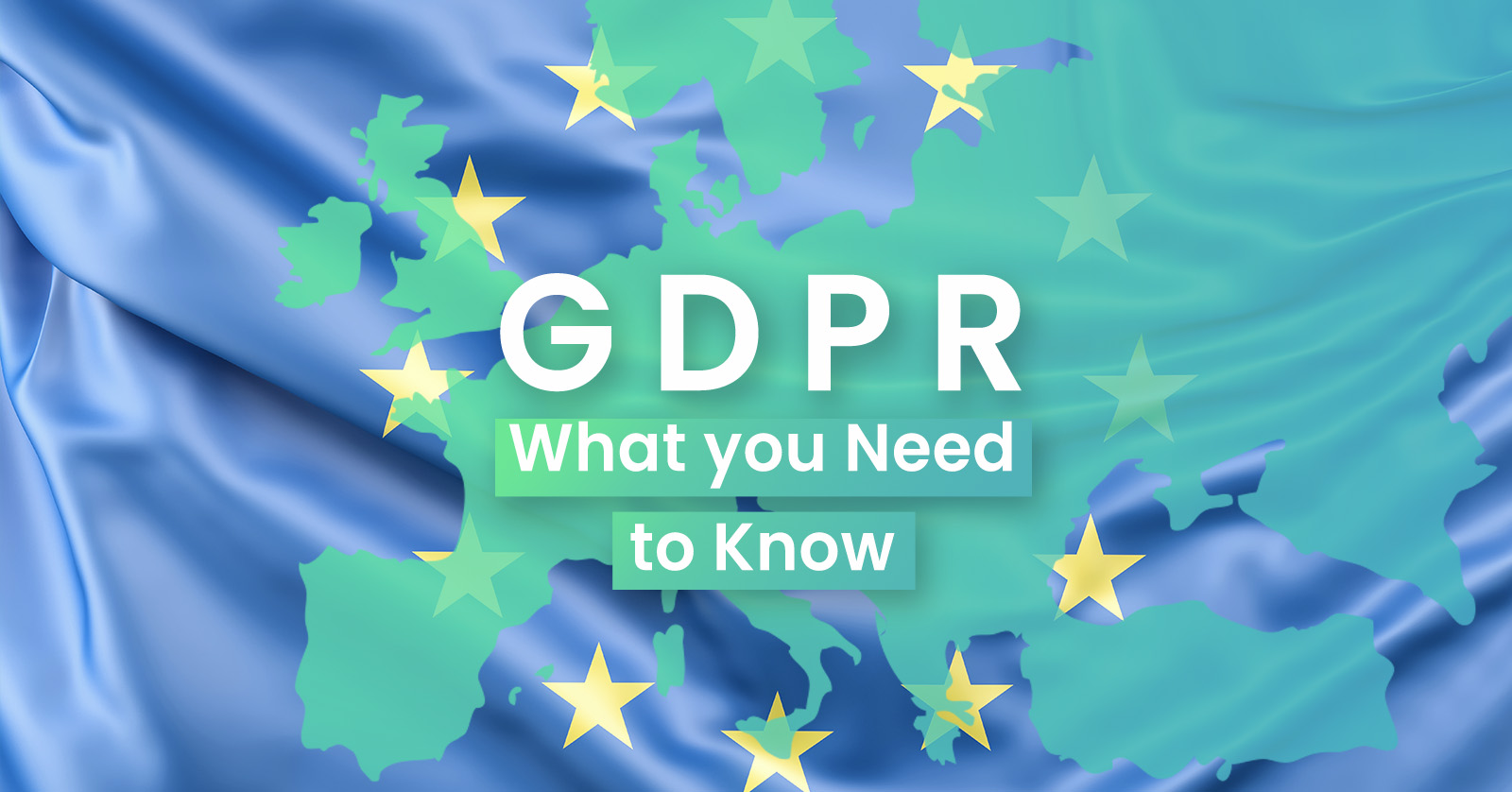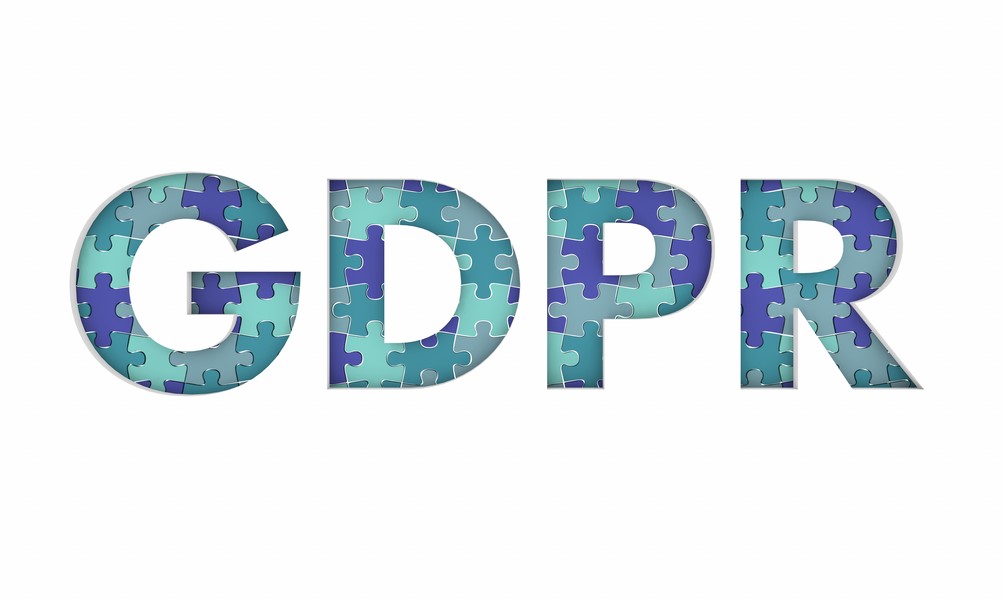
The recent Cambridge Analytica scandal brought the issue of data privacy to the world’s attention, and many people didn’t like what they saw. In that case, personal information was easily obtained by third-party app developers, sparking concerns about the conduct of giant digital companies such as Facebook.
Data privacy is of paramount importance in the online age, but it feels like there is only so much we can do to guarantee our personal information stays private without regulatory intervention.
A landmark new law for users in European Union countries may demonstrate the need for worldwide change. Europe’s new General Data Protection Regulation marks a crucial shift in the balance of power. Major companies will be held to strict account on their data privacy practices, or lack thereof.
We take a closer look at the GDPR and explain why stricter data privacy regulations will change the face of digital marketing.
What Is the General Data Protection Regulation?
The GDPR is a decisive data privacy initiative that will protect Internet users in European Union countries when enacted on May 25. It replaces a privacy model that has been in place for over 20 years, offering a more relevant response to current online practices.
All users who have had their data collected will be able to demand a ‘data subject request’. This means that companies are obliged to provide (for free), every piece of information they have gathered on a specific user when that user makes an inquiry. The GDPR also gives users the ‘right to be forgotten’, which enforces the deletion of all personal data upon withdrawal of consent.
Personal data is defined under the GDPR as anything identifiable, including name, email, IP address, images, social networking posts, bank details, medical information and sexual orientation, among other data. In addition to this, businesses will only be able to gather personal data if there is a provable business application to them doing so. At the moment, murky data privacy laws mean that businesses take more than they need just in case it will be handy down the track.
The changes don’t stop there – if a user’s data is compromised, businesses must inform that user within 72 hours. Overly technical terms and conditions are also in the crosshairs under the GDPR – users must be able to easily withhold consent if they see fit.
Who Stands to Benefit from Stricter Regulations?
The general public. The GDPR represents a huge correction in the way data privacy is legislated, and the effects are going to take hold very quickly. Users can’t really do much more than hope for the best on issues of data protection, but the GDPR will allow people in the European Union to proactively take control of their personal data online.
Companies found to be in contravention of the GDPR can be fined up to 4 per cent of their annual global revenue, depending on the country they are based in. This decisive stance demonstrates that major corporations will not be able to push the regulations to one side and carry on without serious consequence.
What Changes Can We Expect in Digital Marketing?
Other regions of the world are under no obligation to instate legislation such as the GDPR, but we can expect to see a groundswell of Internet users demanding similar change.
Companies like Google, Amazon and Facebook are all known for their strong focus on data gathering. In their ongoing attempts to save face after Cambridge Analytica broke, Facebook have vowed they will follow the GDPR ‘in spirit’, but it remains to be seen whether they will stick to their word. These changes will cause significant disruption to their business models and marketing efforts – and online users wishing to keep their details private are the clear beneficiary.
All digital marketing companies, big or small, will have to think very carefully about their behaviour data practices. Ad targeting based on behavioural data is common at present, but how will marketers change tack when such practices are no longer permitted?
Contextual advertising may be the answer. Ad placement based on real-time viewing habits rather than a contextual user profile may come into vogue. While this kind of digital marketing is all well and good for multinational corporations, companies with smaller budgets may have to think outside the box for actively targeting their chosen demographics.
Forward-Thinking Strategies from Studio Culture
Digital marketing practices move forward at a rapid pace, and our team works hard to formulate strategies that deliver in a changing landscape. Businesses who sell to European countries may need to alter their practices in line with the GDPR, which Studio Culture can help with.
To talk to our digital marketing team about our range of services for businesses in all industries, give us a call on 1300 200 113 or contact us online.



